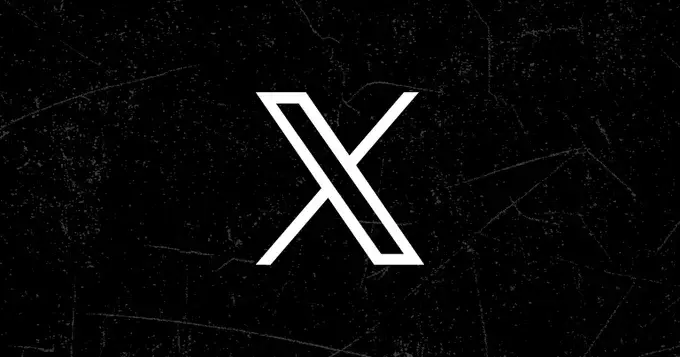In the tumultuous landscape of social media governance, Elon Musk’s platform X finds itself at a complex crossroads. With rising tensions and political upheaval in Turkey, recent actions by the platform raise essential questions about the integrity of free speech and the ethical responsibilities of social media companies. The Turkish government’s crackdown on dissent, particularly following the controversial arrest of Istanbul Mayor Ekrem İmamoğlu, sheds light on how X navigates the murky waters of censorship while trying to maintain a profitable operation. These are not merely isolated instances; they sketch a broader portrait of how corporate interests can muddle the principles of free expression.
Muted Voices: Unpacking the Censorship
Reports indicate that a slew of accounts belonging to opposition supporters, including activists associated with universities, have been suspended on X. This is not incidental; it’s part of a larger strategy employed by the Turkish government to mute dissent and limit the spread of protests across the nation. According to political analyst Yusuf Can, these accounts were primarily platforms for disseminating crucial information about protest locations and timing. With the Turkish authorities seeking to diminish the opposition’s ability to mobilize, it appears that government requests have been met with an unnervingly compliant response from X. Despite the platform’s purported commitment to free speech, it seems willing to bend those ideals when under pressure from powerful political forces.
The Double Standards of Censorship
This hypocrisy is glaring. Just a few months ago, X was involved in a legal tussle in Brazil, where it stood its ground against local authorities unwilling to comply with government orders. In that context, Musk openly criticized interference with free speech, boasting about X’s integrity. Yet, here lies an inconsistency; while the platform champions its resistance against censorship in Brazil, it readily abides by the Turkish government’s directives without the same level of pushback. This calls into question what “free speech” truly means within the context of X, especially when business interests may dictate the response to censorship requests.
Strategic Alliances and Their Implications
Part of this could stem from Musk’s relationship with Turkish President Recep Tayyip Erdoğan. With Tesla eyeing expansion opportunities in Turkey and the prospect of collaboration on local projects, Musk might be weighing his political engagements against the principles he often espouses. Such decisions illuminate a troubling trend: corporate loyalty to bottom lines can undermine democratic values and civil rights. When Musk’s business interests in Turkey conflict with the exposure of human rights abuses, the reality is that corporate titans may choose the path of least resistance—one that aligns with their financial goals even at the cost of social responsibility.
Selective Activism: Where is the Outcry?
The silence of free speech advocates and activists is also striking. As X continues to suspend accounts that amplify dissent and rally for democratic reform, one has to wonder about the implications for collective action in societies governed by oppression. Will the platform’s selective adherence to free speech principles dim the voice of opposition figures in Turkey? This question becomes even more pressing when juxtaposed with how other movements succeed on social media. Are we witnessing an erosion of protest culture merely because powerful entities like Musk prioritize their corporate agendas over social justice?
Global Politics and the Digital Landscape
Musk’s decisions reflect a broader challenge within the digital landscape where corporations must navigate local laws while striving to promote universal human rights. While the author sometimes finds himself navigating this treacherous terrain, the imbalance remains palpable: entities such as X could play pivotal roles in promoting democracy and enabling dissent, yet more often than not seem burdened by their business entanglements. In countries where free speech and democracy are under siege, the actions (or inactions) of influential platforms exacerbate threats to civil liberties.
The recent developments regarding X’s compliance with Turkish officials signal not just a failure to uphold the ideals of free speech but also reveal a complicated interplay of interests that shapes how social media platforms operate globally. In an age where digital interaction is a key component of civic engagement, the ramifications of these decisions impact far beyond the immediate context, leading to an erosion of trust in platforms that claim to be bastions for free expression.

